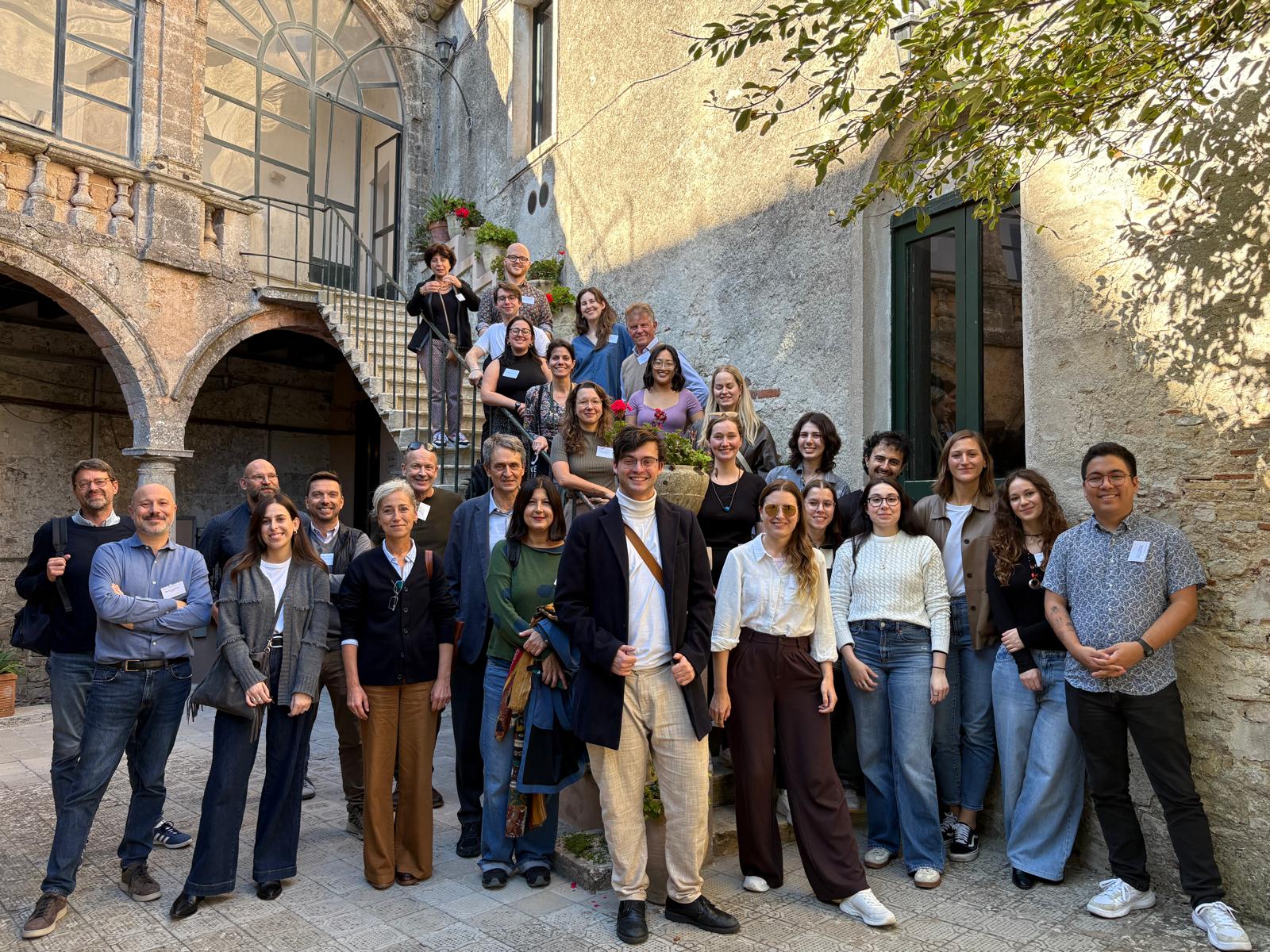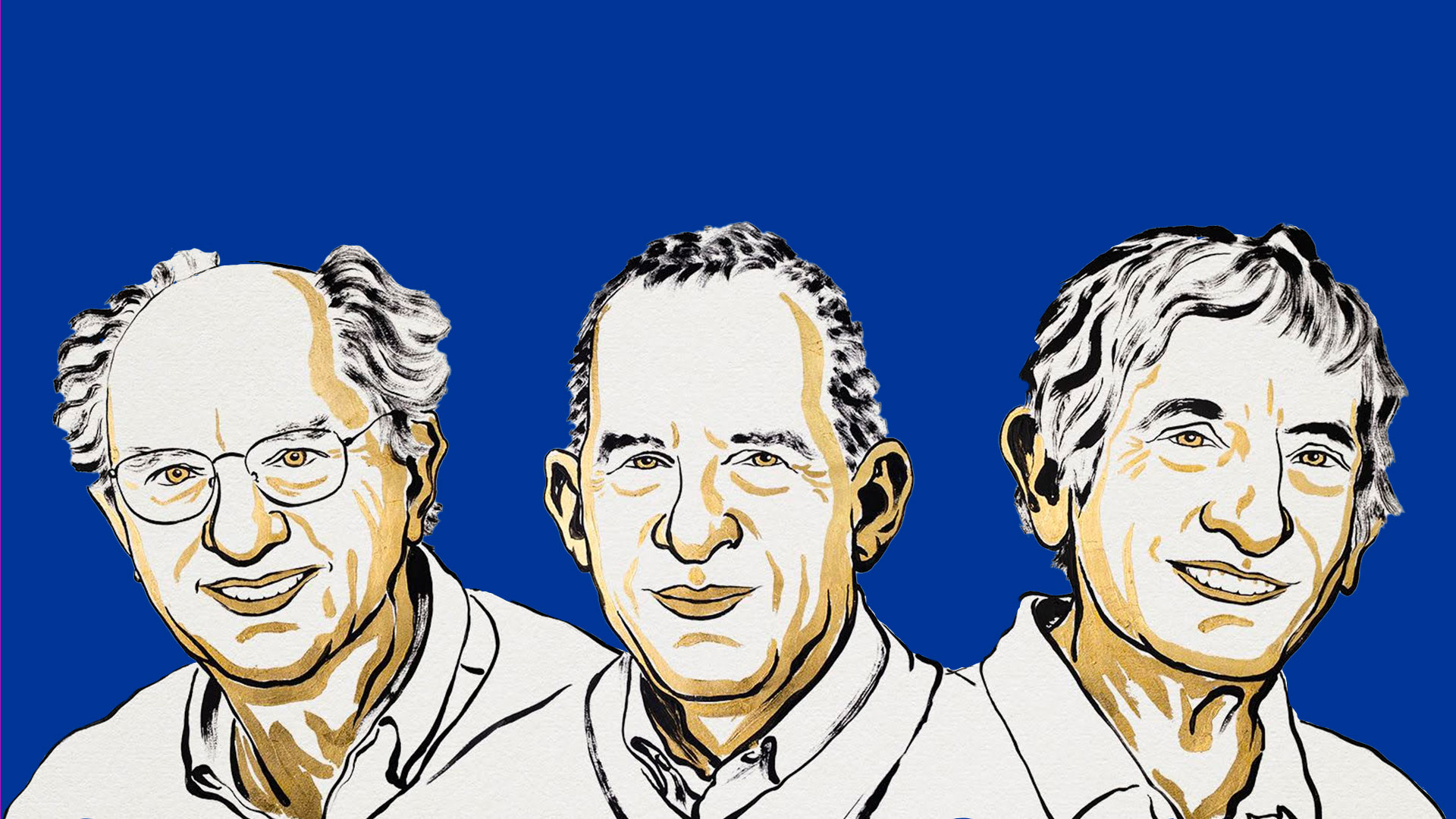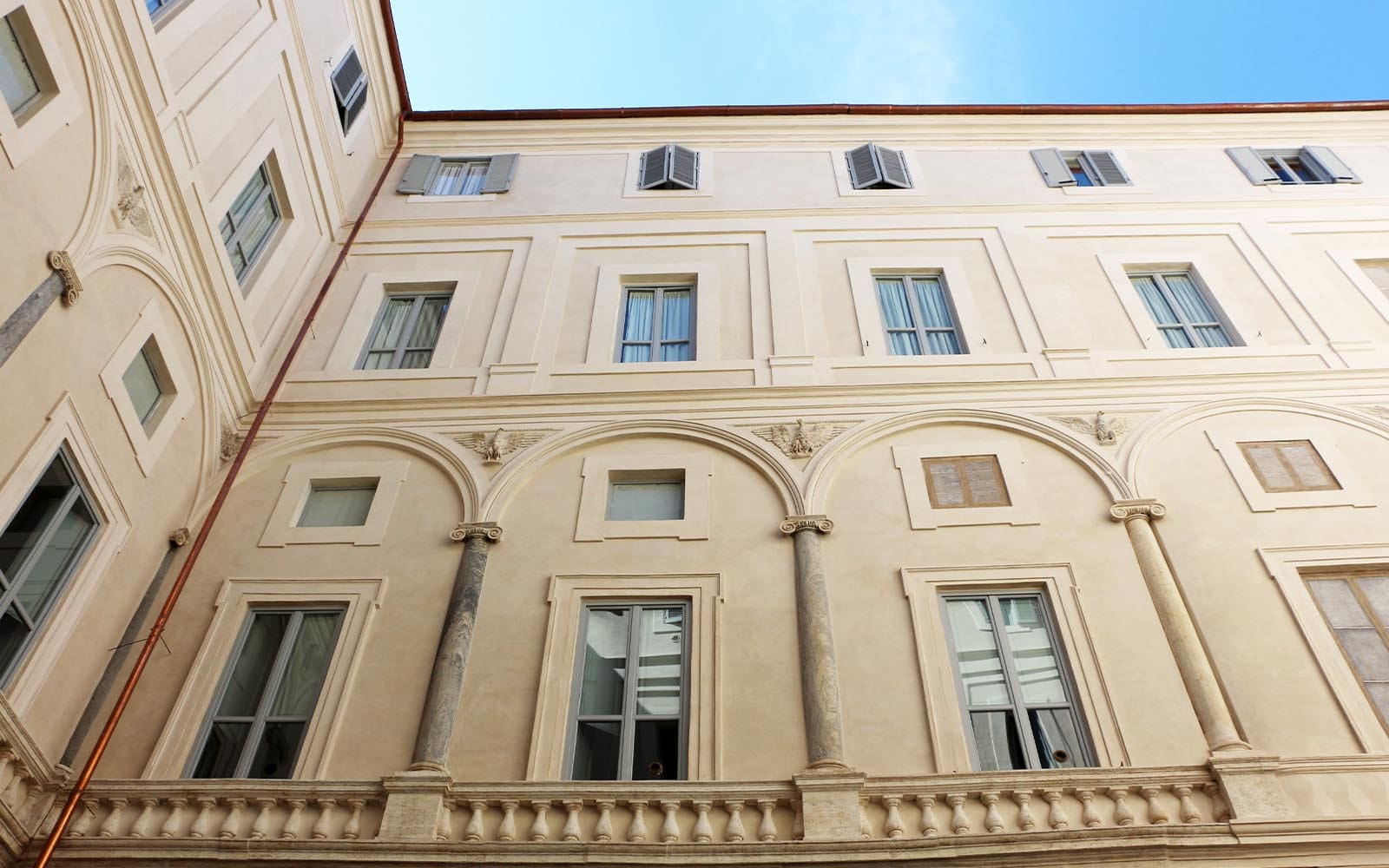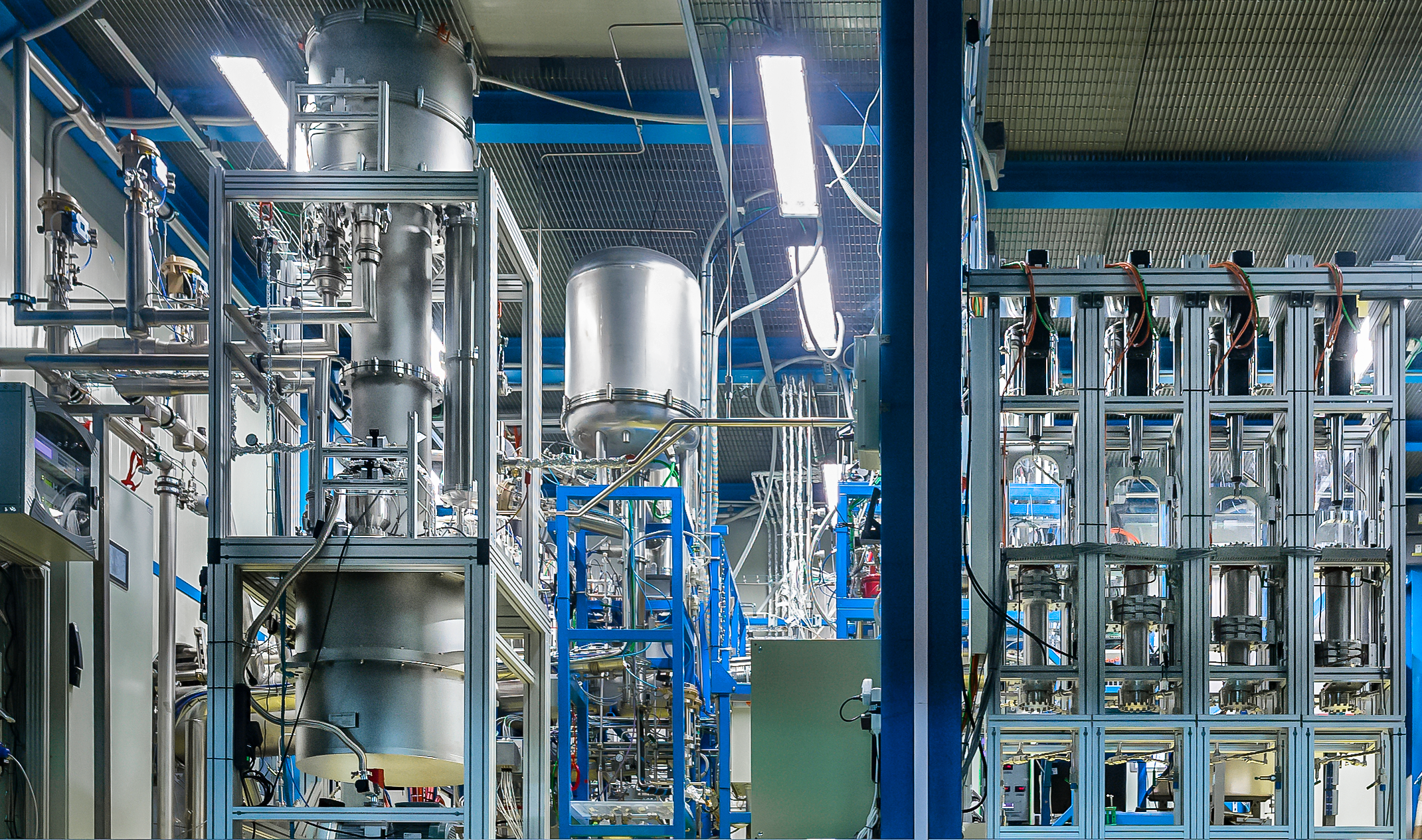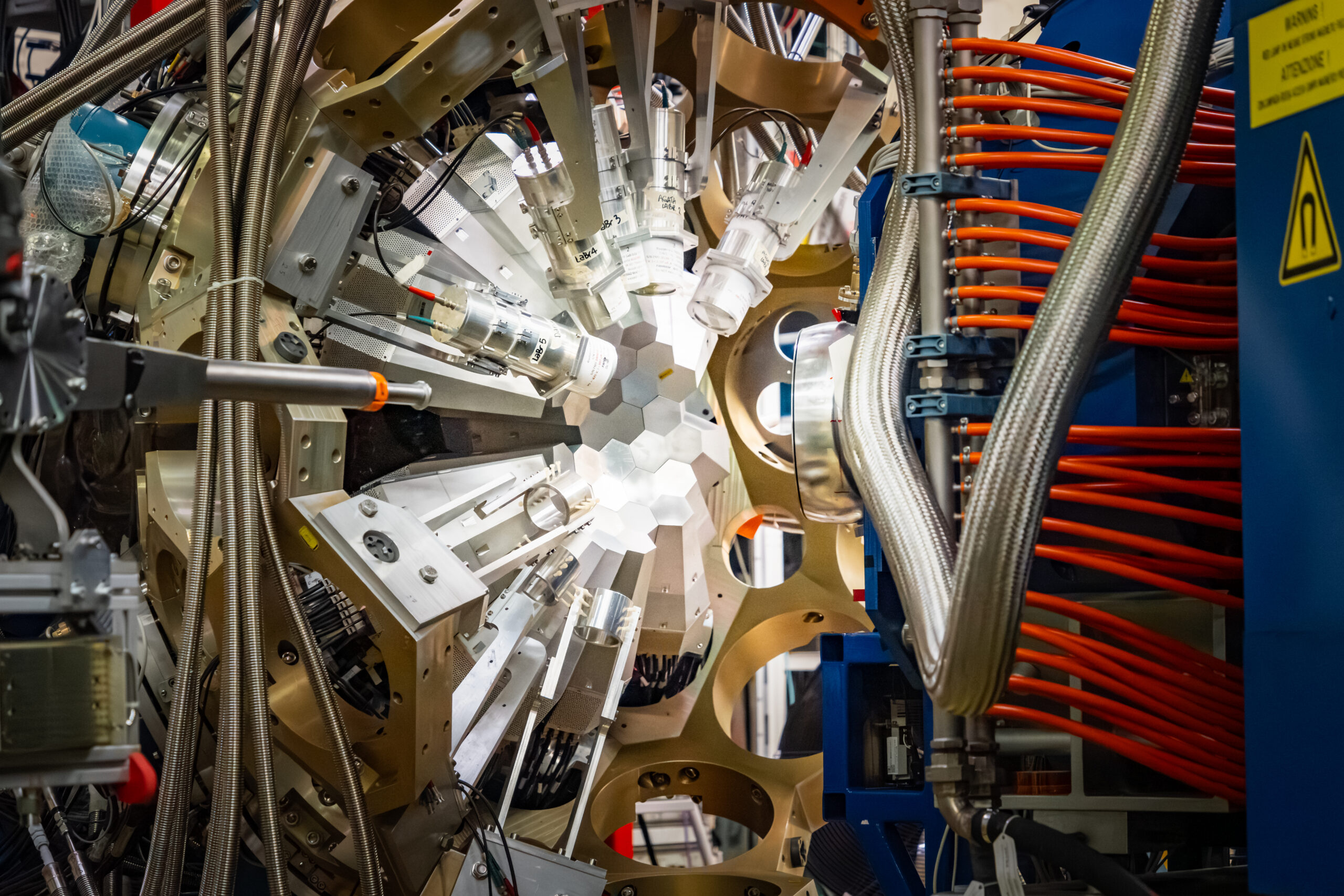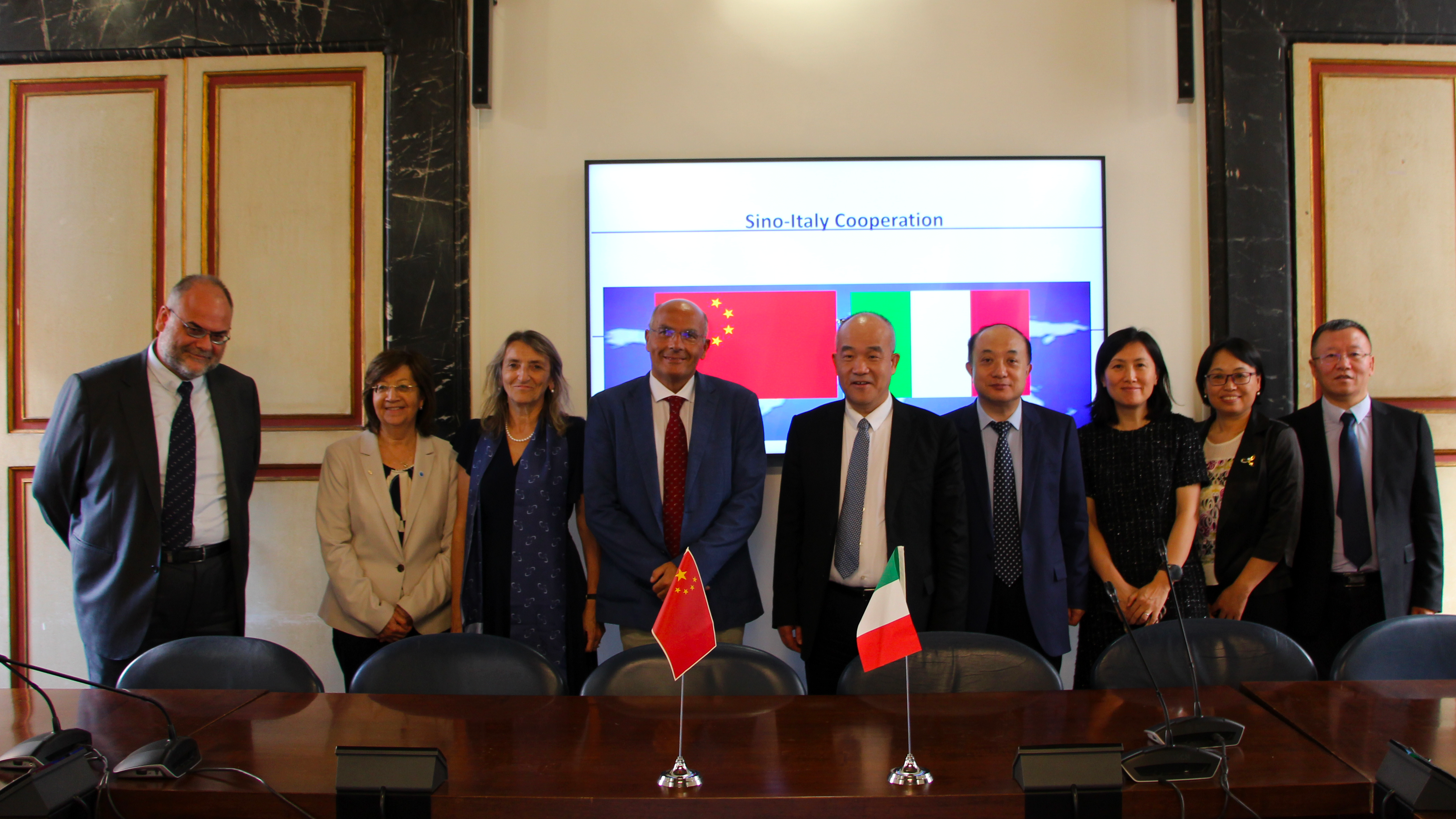 Today in Vienna, during the annual conference of the European Physical Society (EPS), the prizes of the EPS High Energy and Particle Physics board (HEPP) were awarded. Among the five theoretical physicists receiving the prize were the Italians Giorgio Parisi, Professor of Theoretical Physics at the Sapienza University of Rome and INFN associate, and Guido Altarelli, Emeritus Professor of Theoretical Physics at the University of Roma Tre and former Director of the Rome Section of INFN (see his article entitled Oggi è già domani – Today is already Tomorrow – in the latest issue of Asimmetrie, focused on new physics). Sharing the prize with them – one of the most prestigious in physics, as demonstrated by the fact that many of the EPS prize winners have also received the Nobel Prize for Physics – was also James D. Bjorken from Stanford University, Yuri L. Dokshitzer from the Universities of Paris and St. Petersburg and Lev Lipatov, also from St. Petersburg. The EPS prizes were awarded to the five academics for their pioneering research on the structure of protons and, in particular, “for having developed the scheme of a probabilistic field theory for the dynamics of quarks and gluons, enabling a quantitative understanding of high-energy collisions between hadrons”. During the meeting in Vienna – currently bringing together 700 physicists in the Austrian capital to discuss the latest discoveries of the LHC and the prospect of finding new physics after the restart of the super accelerator in Geneva, with collisions at 13 TeV (13 trillion electron volts) – two prizes were also awarded to young physicists, the Young Experimental Physicists Prizes, and a prize for scientific outreach. Receiving the prize, together with Jan Fiete Grosse-Oetringhaus, was also the Italian Giovanni Petrucciani, who has worked for a long time at the INFN in Pisa, “for his outstanding contributions to the optimisation of the tracer in the CMS detector at the LHC, to the discovery of the Higgs boson and to the measurement of its properties”. For scientific outreach, the prize went to Kate Shaw of the ATLAS experiment, and a member of the Associated Group of the INFN in Udine “for her engagement in the master classes, and for having contributed to their dissemination in countries that do not have a strong tradition in physics.”
Today in Vienna, during the annual conference of the European Physical Society (EPS), the prizes of the EPS High Energy and Particle Physics board (HEPP) were awarded. Among the five theoretical physicists receiving the prize were the Italians Giorgio Parisi, Professor of Theoretical Physics at the Sapienza University of Rome and INFN associate, and Guido Altarelli, Emeritus Professor of Theoretical Physics at the University of Roma Tre and former Director of the Rome Section of INFN (see his article entitled Oggi è già domani – Today is already Tomorrow – in the latest issue of Asimmetrie, focused on new physics). Sharing the prize with them – one of the most prestigious in physics, as demonstrated by the fact that many of the EPS prize winners have also received the Nobel Prize for Physics – was also James D. Bjorken from Stanford University, Yuri L. Dokshitzer from the Universities of Paris and St. Petersburg and Lev Lipatov, also from St. Petersburg. The EPS prizes were awarded to the five academics for their pioneering research on the structure of protons and, in particular, “for having developed the scheme of a probabilistic field theory for the dynamics of quarks and gluons, enabling a quantitative understanding of high-energy collisions between hadrons”. During the meeting in Vienna – currently bringing together 700 physicists in the Austrian capital to discuss the latest discoveries of the LHC and the prospect of finding new physics after the restart of the super accelerator in Geneva, with collisions at 13 TeV (13 trillion electron volts) – two prizes were also awarded to young physicists, the Young Experimental Physicists Prizes, and a prize for scientific outreach. Receiving the prize, together with Jan Fiete Grosse-Oetringhaus, was also the Italian Giovanni Petrucciani, who has worked for a long time at the INFN in Pisa, “for his outstanding contributions to the optimisation of the tracer in the CMS detector at the LHC, to the discovery of the Higgs boson and to the measurement of its properties”. For scientific outreach, the prize went to Kate Shaw of the ATLAS experiment, and a member of the Associated Group of the INFN in Udine “for her engagement in the master classes, and for having contributed to their dissemination in countries that do not have a strong tradition in physics.”
